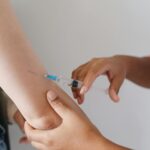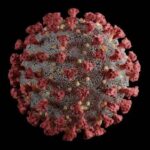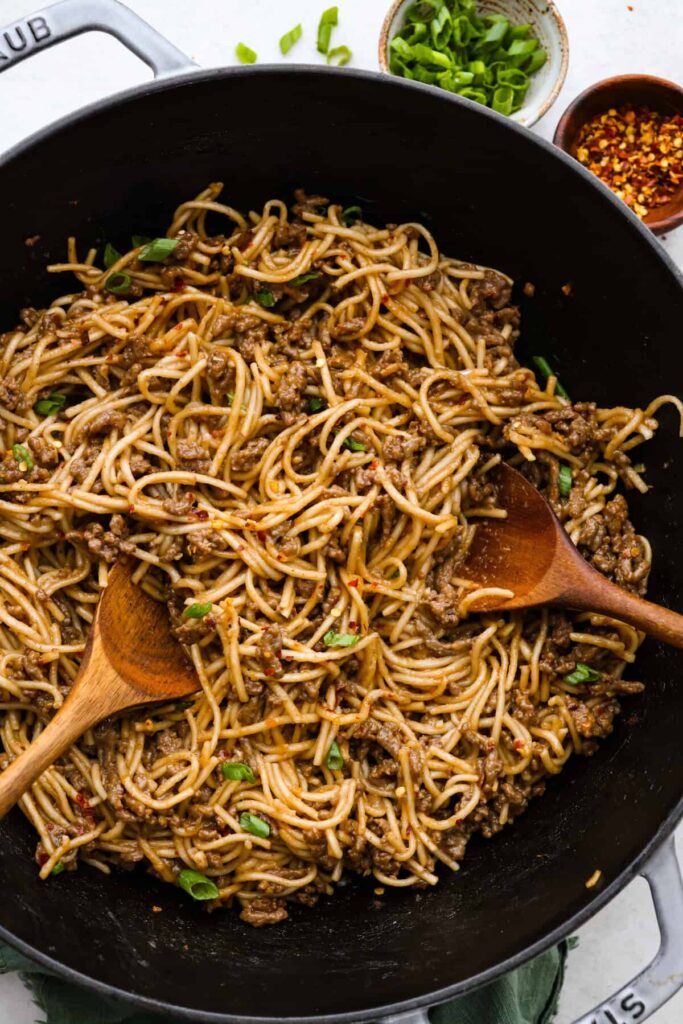Image credit: Danilo Alvesd, Unsplash

A newly published study finds a 15% reduction in symptomatic COVID-19 in those taking hydroxychloroquine vs placebo. In addition, investigators also showed a significant reduction in all-cause respiratory illness, as well as fewer days lost to work because of illness.1
These results come from COPCOV, which is the world’s largest COVID-19 chemoprevention study, and were published in PLOS Medicine. The study was sponsored by the University of Oxford and funded by Wellcome’s COVID-19 Therapeutics Accelerator.1
Trial Parameters and Results
COPCOV was a double-blind placebo-controlled study designed to determine if taking hydroxychloroquine and/or chloroquine demonstrated a prophylactic benefit. Investigators recruited 4652 participants across 26 sites in 11 countries in the UK, Africa, and Asia. The study was conducted from 2020 to 2022.1
In terms of the participant profile, the investigators recruited healthy adults between ages of 17 to 70 years, were unvaccinated, not pregnant, were at risk of COVID-19, could be followed for up to 5 months, and had ready access to smartphone. Participants with any underlying disease or contraindication to taking 4-aminoquinolines were excluded.2
The study was set up for 1:1 randomization with one of the cohorts receiving chloroquine or hydroxychloroquine—depending on the study site—or identical matched placebos, according to the investigators.2
Investigators did see a protective benefit. “The prespecified meta-analysis showed an overall protective efficacy against symptomatic COVID-19 (RR 0.80 [95% CI, 0.71 to 0.91; p = < 0.001]),” the investigators wrote. “Although the studies reported slightly different outcomes, used different doses and for different durations, there was no clear between-study heterogeneity or evidence of publication bias.”2
Hydroxychloroquine was well tolerated and safe, according to the investigators, but they also note there is still ambiguity in understanding a full sense of the benefit.
“There is still substantial uncertainty as to the true prophylactic benefit of these 4-aminoquinolines in COVID-19…The absence of a significant protective effect against asymptomatic infection may indicate that protective benefit is proportional to the viral burden and thus disease severity, but it could also reflect the imprecision of the seroconversion-based endpoint,” the investigators wrote.2
What You Need to Know
The COPCOV study demonstrated that hydroxychloroquine reduced the risk of symptomatic COVID-19 by 15% compared to placebo.
While hydroxychloroquine was found to be safe and moderately effective, there is still uncertainty about its true prophylactic value, especially against asymptomatic COVID-19.
With the advent of vaccines and natural herd immunity, the need for hydroxychloroquine as a preventive measure has largely diminished.
Did Bias or Misinformation/Disinformation Prevent Further Prophylactic Studies?
Since the early days of the pandemic, hydroxychloroquine may have been the most controversial drug as it relates to COVID-19 treatment.
“No drug excited as much controversy during the COVID-19 pandemic as hydroxychloroquine,” said University of Oxford professor Nick White, MD, who was a COPCOV study co-principal investigator, and chair of the Wellcome Trust- Oxford Asia Research Units. “It was both widely recommended and widely reviled as a preventive without enough scientific evidence for either position.”1
In 2020, when ICUs were filling up and clinicians were looking for solutions to treat patients with severe COVID-19, providers were trying different therapies off-label to see if they could elicit a positive therapeutic response. And while they quickly realized hydroxychloroquine was not reducing symptoms or mortality, both disinformation and misinformation was prevalent and making the therapy out to be a wonder drug.
Fortunately, COVID-19 has evolved not only in terms of variants, but with herd immunity and the approval of vaccines, it has eliminated the need for prophylactic hydroxychloroquine.
“Thankfully, there is no need to take hydroxychloroquine today to prevent COVID-19,” said COPCOV co-investigator Will Schilling, MD, research physician and Oxford DPhil Student. “The effective vaccines and natural infections have made us immune so that the disease has become mild. It was a different story early in the pandemic, however. Thanks to the research we now know hydroxychloroquine might have been able to do some good.”1
Although the benefits of hydroxychloroquine in patients with severe COVID-19 were widely-studied and found to offer no treatment benefits, did bias or the misinformation and disinformation movement create an environment to not continue studying it for other indications?
“Completing this study was hard, but fighting a pandemic is like fighting a war,” said White. “Good intelligence is crucial. Clinical research and good science need to be protected.” 1







